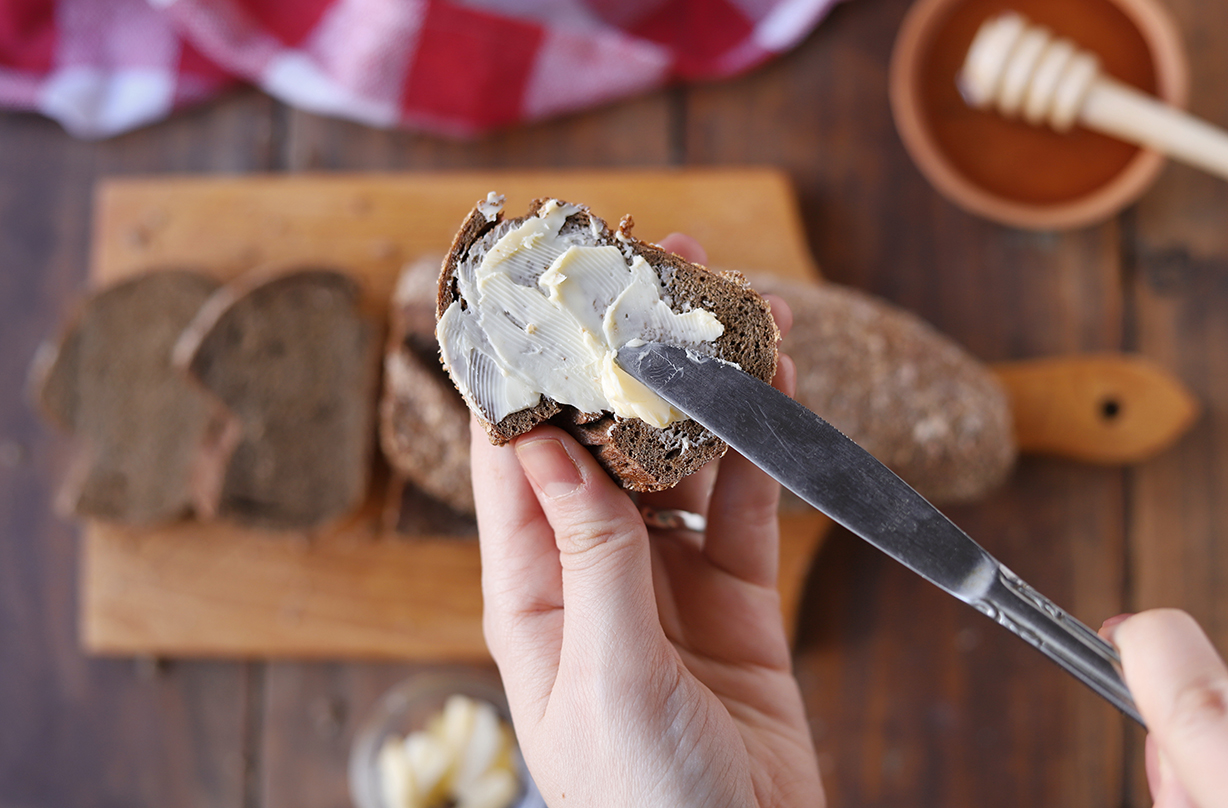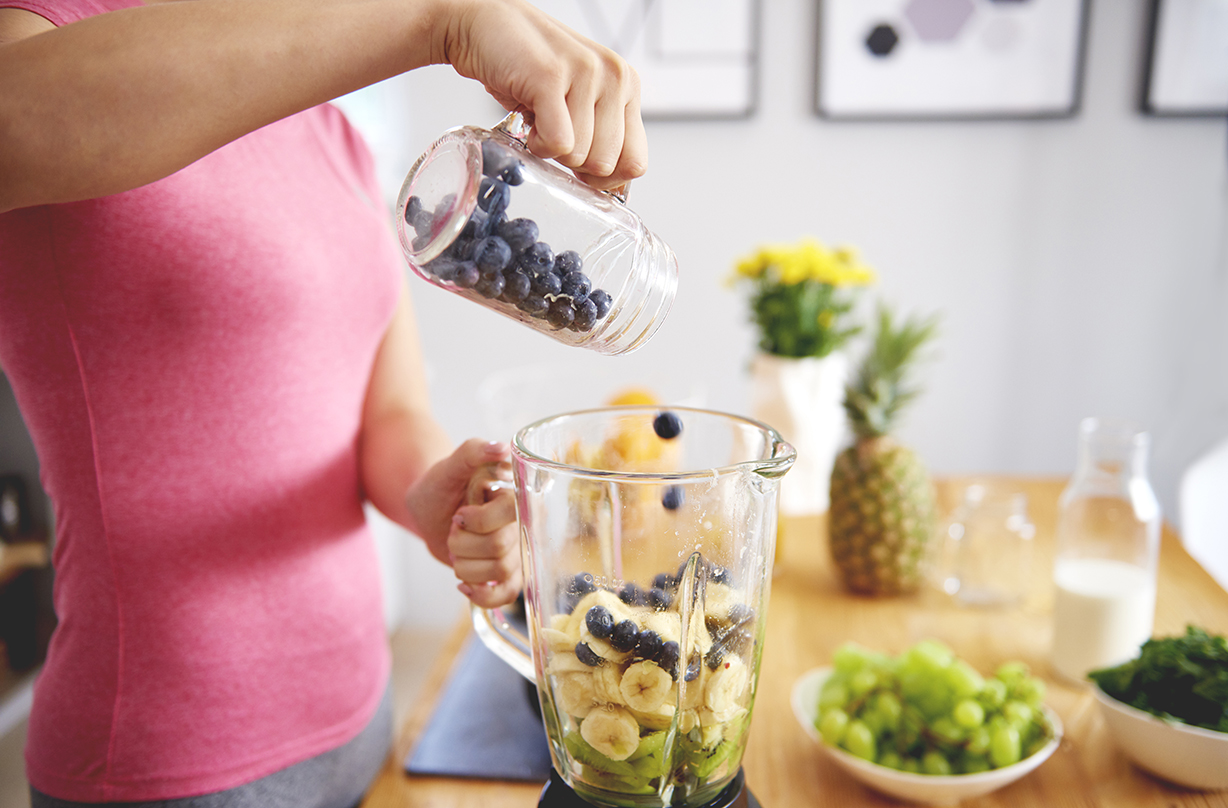Research reveals the top 20 food myths Brits believe


New research has uncovered the top 20 food myths most Brits still believe, with eating carbs resulting in weight gain among them.
A study of 2,000 adults found 47 per cent have believed something about food which they later found out to be untrue, leaving them feeling confused, uneducated and struggling to lose weight.
More than one in four (28 per cent) are under the false impression that a dairy-free diet leads to calcium deficiency, while another 28 per cent believe humans need red meat for protein.
Almost three in 10 (29 per cent) think margarine is unhealthier than dairy butter, despite 41 per cent admitting they don't understand the difference between good fats and bad fats.
This confusion means a quarter struggle to understand what foods are ‘good’ for them and two in five wish there was more education on the health values of certain diets.
The research was commissioned by Upfield - a leader in plant-based nutrition - which worked with nutritionist and member of the British Dietetic Association, Priya Tew, to debunk some popular food myths.
Priya said: “With so many different sources of information out there today it’s hard for consumers to know what to believe when it comes to diets and food misconceptions.
GoodtoKnow Newsletter
Parenting advice, hot topics, best buys and family finance tips delivered straight to your inbox.
“The research showed a sixth of the nation believe all margarine contains trans-fats.
"However, in truth, all market leading margarines removed partially hydrogenated oils many years ago, meaning they contain virtually no trans fats.
“Conversely, dairy butter, has high levels of trans fats when compared to margarine.
“Similarly, almost a quarter of people are under the impression carbohydrates cause weight gain - of course overeating any food can lead to excess weight, but it’s all to do with energy balance and carbohydrates are not something to be avoided.
“Trends such as juice cleanses are promoted - which a tenth believe is a more nutritious way of consuming fruit and veg, when really juicing breaks down the fibre and makes it easier for the natural sugars to be taken up by the bloodstream, so they are less nutritious.”
"However, fruits and veggies that are blended to make a smoothie retain the pulp and flesh, making them a healthier alternative without the disadvantages of juicing."

The study also found 44 per cent of those polled think a plant-based diet means you have no animal products whatsoever.
In truth, this type of diet is made up of 80 per cent food derived from plants with some meat and animal products.
And while four in five of respondents, polled via OnePoll, don’t think margarine is plant-based, two in five don’t believe peanuts are either.
Wondering what else is and isn't true? These are the top 20 food myths Brits still believe:
- Margarine is highly processed and unnatural
- Eating fresh food is better than tinned or frozen
- Eating too much fruit is bad for you due to the sugar
- A plant-based diet means you cannot eat meat, fish or dairy
- Margarine is unhealthier than dairy butter
- Dairy-free diets lead to calcium deficiency
- Humans need red meat in their diets for protein
- Organic foods are better for humans
- Eating carbohydrates will cause weight gain
- A plant-based diet will lead to iron deficiency / anemia
- A plant-based diet is more expensive than a diet comprised of more meat
- All margarine contain trans-fats
- Plant-based diets don't provide enough energy for humans
- Plant-based meals will not fill you up
- It is impossible to find food options without meat or dairy
- Plant-based foods have no flavour
- Juicing fruit and vegetables is much more nutritious than eating them
- Plant-based options are highly processed
- Plant-based diets and veganism are emasculating
- Vegans can't build muscle

Aleesha Badkar is a lifestyle writer who specialises in health, beauty - and the royals. After completing her MA in Magazine Journalism at the City, the University of London in 2017, she interned at Women’s Health, Stylist, and Harper’s Bazaar, creating features and news pieces on health, beauty, and fitness, wellbeing, and food. She loves to practice what she preaches in her everyday life with copious amounts of herbal tea, Pilates, and hyaluronic acid.